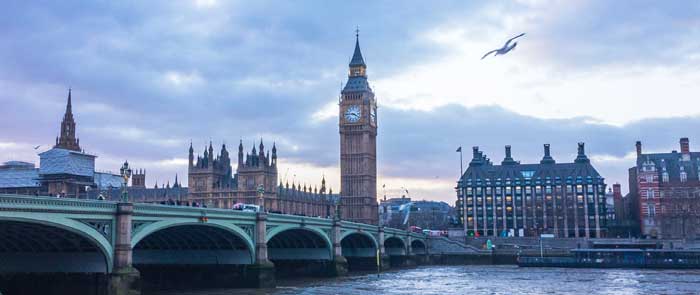 The recent revelations about Harvey Weinstein’s actions have had an incredible impact, leading people to speak up about ill-treatment and injustices in all industries. Many celebrities, such as Cara Delevingne, Gwenyth Paltrow, Tom Jones and more have all come out to talk about sexual harassment and sexism in both the film and music industries. More so however the general public have begun to speak out and show the overwhelming numbers of those who have been harassed or assaulted after a call to arms by Alyssa Milan who began the ‘#metoo’ trend.
The recent revelations about Harvey Weinstein’s actions have had an incredible impact, leading people to speak up about ill-treatment and injustices in all industries. Many celebrities, such as Cara Delevingne, Gwenyth Paltrow, Tom Jones and more have all come out to talk about sexual harassment and sexism in both the film and music industries. More so however the general public have begun to speak out and show the overwhelming numbers of those who have been harassed or assaulted after a call to arms by Alyssa Milan who began the ‘#metoo’ trend.
This dialogue that has been created is a hugely positive start; getting people to look at themselves and their lives, evaluating their actions and their response to the actions of others. However it’s not enough yet. Workplaces for example still often hold a bias, whether it’s hiring more men, people of a certain ethnicity or something more subtle. So many workplaces don’t accurately reflect the variety and exciting diversity that exists right outside their door.
By using thoughtful, high quality messaging via direct advertising and social media coupled with a strong and fair process, organisations can focus on hiring for capability and outcomes. This will lead to representing the diversity in society rather than limit potential hires, additionally bringing more relevant and current capability into the mix. This is an improvement over the more traditional methods of hiring, i.e. focusing attention on pay, title and hierarchical structures. ‘Positive-bias’ hiring may sound like a solution to even out workforces (deliberately searching for someone who represents a ‘minority’ in your workforce) but all it is doing is stopping you looking at candidates fairly and objectively. By focusing instead on how people will fit into already established team dynamics as well as the candidates individual merit will naturally lead to a diverse workforce that will come together effectively and, equally importantly, happily.
Another issue that can effect those across all industries is something called ‘unconscious bias’. Unconscious bias largely stems from the human need to put things, including people, into categories. We sort people into these groups by first impressions, so their visual impact has a large effect on how we categorise them. People are naturally drawn towards those they feel they have things in common with, we tend to prefer people who look like us or behave in a similar manner. These unconscious biases then impact how we see and interact with our colleagues, maybe even impacting things that are meant to be objective, such as reviewing someone effectiveness in the company.
So what can employers do to help prevent all types bias in their workforce?
- Keep the dialogue going. People are currently talking about their negative experiences and how they have been marginalised, if you as an employer encourage your employees to feel like they can talk about topics like these, and especially the idea they can come to you then you’ll be able to establish what the general workforce’s experience of bias in the workplace is.
- Focus on hiring people on their own worth and use as an employee rather than focussing on using them to even out your workforce. Positive-bias is still a bias.
- Look at your hiring procedure, and examine each step for potential for bias to come in. Does your workforce have limited diversity? Work out where in the process this might be coming from and investigate how you can change this.
- There are numerous resources online that talk about tackling unconscious bias in the workplace, look into sending your staff on a course or ask someone to give a talk on the topic to make people aware that they may be marginalising certain people without even knowing it.
The workplace as a whole has changed incredible amounts over the last fifty-years but it’s development is a long way from over. By making use of what has happened with Weinstein as terrible as it is, we can prevent it from happening again by teaching and demonstrating a happy and non-bias workplace where all are welcome.
If you have any other insights, positive or negative on this topic, please email me at This email address is being protected from spambots. You need JavaScript enabled to view it. or use our contact page.





